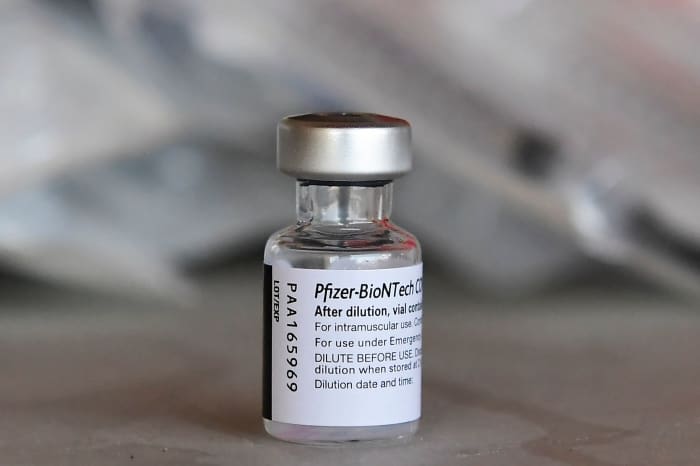The drug maker has been
making the case for booster shots, citing limited data from its own clinical research and real-world data
out of Israel, where Pfizer’s vaccine is the predominant shot in circulation.
“We do see—after six to eight months—more rapid waning concerning infections and mild to moderate symptoms,” Dr. Mikhail Dolsten, Pfizer’s chief scientific officer, said during the call. “Those are likely entirely, or to a large degree, dependent on antibodies and the drop in titer that we alluded to. If you raise it, you may have a good probability to reverse that waning.”
Still, there’s no simple black-and-white answer to whether booster shots are needed at this time.
One, there is no definitive data. The new Pfizer data is the most detailed so far, though the company plans to submit clinical data for a third dose to the Food and Drug Administration in early August.
When speaking to investors this week, company officials attributed waning immunity levels in Israel to the
much earlier vaccination campaign that rolled out in that country. (In fact, Israel
announcedThursday that a third dose will now be available to people who are at least 60.) Pfizer also mentioned that there will be data in a few months coming out of the U.K., where
doses were sometimes spaced out, that indicates “long-lasting protection.”
In addition, we still don’t know which people will need to boost their protection levels. Will the entire vaccinated population need a boost? What if third shots are only necessary for the elderly or people who are immunocompromised? What diagnostic test can be used to assess titer levels before giving a booster? How soon does this all need to happen?




